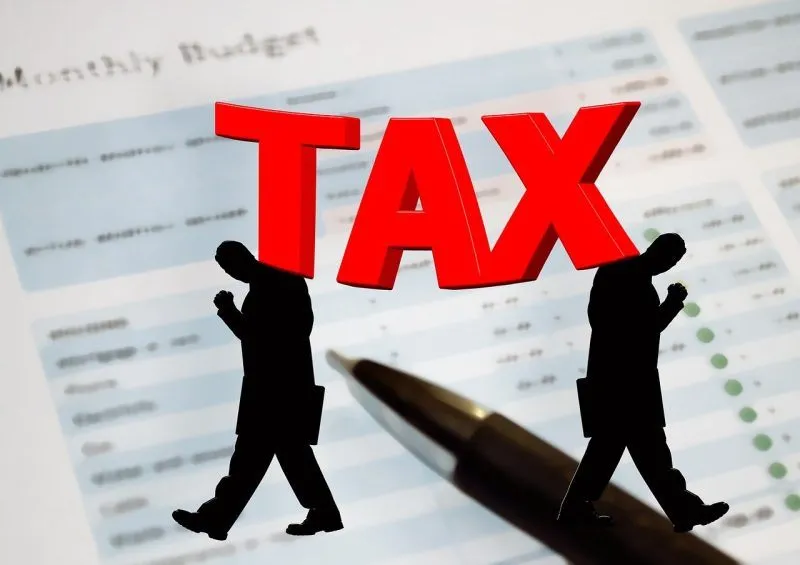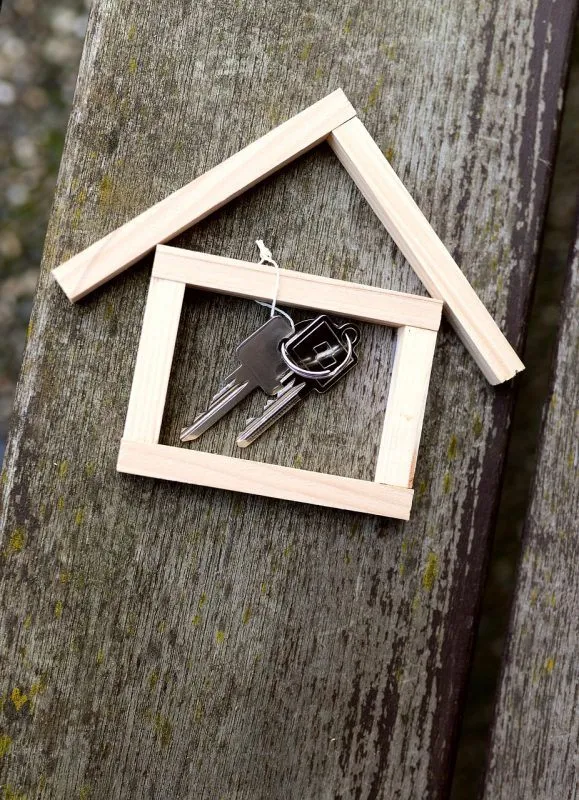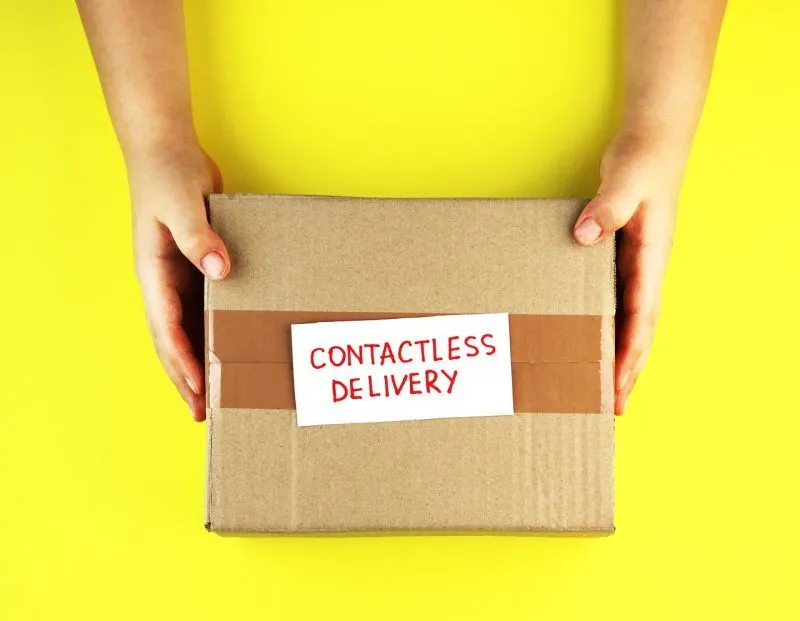When we first arrived in Australia, our hearts were full of excitement, dreams and hope. However, our inboxes were full of suspicious messages too.
We were ready to start fresh. To find work. To build a life. To make sure our daughter will have a future here. We were lost at first, but after some time, we did our research. We searched where to look for rentals, how to open a bank account, and which documents we needed for Centrelink.
But there was one more thing we weren’t prepared for…
Scammers.
We never imagined that in the middle of our excitement and uncertainty, people would try to take advantage of our trust and vulnerability. Looking to have a better future in this new country, we never thought there would be people who will try to fool us even before we start our Australian dream.
Yet it happened. And it’s happening to thousands of other immigrants just like us.
There will be fake visa calls to rental traps. There will also be job offer scams. Fraudsters are actively targeting new immigrants in Australia. They know that we’re still adjusting, still learning the system, and often still looking for stability.
That’s why I’m sharing this story. Not to scare you, but to help protect you. Because you deserve to start your new life in Australia safely, with confidence and peace of mind.
Our First Warning Sign: A Text Message From “The ATO”
It started with a text message.
When I saw the preview of the text message, I got confused as we have not submitted anything to ATO yet. The message mentioned that we needed to pay a certain amount immediately. No threats were included; however, the message seems real.
We did not panic. Instead, we paused and did a quick online search that we found out, this was a scam. A common one.
That moment was our wake-up call. And it was only the beginning.
So today, I want to walk you through the six most common scams we’ve come across as new immigrants, how to spot the red flags, and most importantly, how to protect yourself and your family from falling victim.
1. Fake ATO or Visa Scams

“You owe money. Pay now, or we’ll cancel your visa.“
This is one of the most common and terrifying scams targeting migrants.
A scammer will call pretending to be from the ATO (Australian Taxation Office) or Home Affairs. They might say you’ve made a mistake with your visa or taxes, and that you need to pay a fee or fine immediately.
They’ll use legal-sounding terms. They might know your name, birthday, or address — information that can be found online or from data breaches.
They make it sound authoritative and real to scare you into paying fast.
Here are some red flags to watch for when you receive similar calls or text messages:
- Threats of arrest, deportation, or visa cancellation
- Asking for payment through gift cards, cryptocurrency, or wire transfers
- Refusal to let you hang up or speak to someone else
- Demanding sensitive details like your Tax File Number (TFN) or bank logins
If you ever get a call like this, hang up immediately or do not reply or click any link in the text message. Then call the real ATO at 1800 008 540 or visit their official website to check if there are any legitimate concerns.
Remember: The ATO and Department of Home Affairs will never call you asking for money or personal information over the phone.
2. Rental Scams

“Send the bond now and the property is yours.”
When we were searching for our first rental, it felt like a race. Every inspection was crowded, and listings disappeared quickly.
Rental scams are extremely common, especially on platforms like Facebook Marketplace, Gumtree, or fake property websites. To avoid falling into these scams, it is better to go to real estate agents when looking for a house to rent
Here are some red flags to watch for:
- The landlord says they’re overseas or can’t meet in person
- You’re asked to pay before you’ve seen the property
- They avoid video calls or give proper documents
- No formal lease agreement or real estate agent involved
To avoid falling into these scams:
- Only use trusted platforms like realestate.com.au or Domain.com when looking for a place to rent.
- Always inspect the property before paying anything
- Use registered real estate agents whenever possible
- Never transfer money through Western Union or cryptocurrency for a rental
3. Job Offer Scams

“Congratulations! You’ve been selected. Just pay this small processing fee to start.”
Finding your first job in Australia is stressful. Imagine, my husband waited for a year before he got his first job here in Australia. He was very excited whenever he received an email from the companies, he submitted applications to. However, with that excitement, he was careful not to fall into any job offer scams which we have heard about.
We’ve heard of a $90 “training deposit” before proceeding with the application which does not sound right.
Real companies will never ask job applicants to pay money upfront. These scams often pretend to be well-known companies, using fake websites and emails.
Here are some red flags to watch for:
- Being asked to pay a deposit, fee, or for equipment/training
- No proper interview or discussion — just a quick job offer
- Unprofessional email addresses or poor grammar
- The job sounds too good to be true for your experience level
To avoid falling into any job offer scams:
- Always verify job listings on the company’s official website
- Google the company and check for reviews or scam reports
- Be cautious with overseas recruiters or companies offering remote jobs
4. Fake Delivery or Banking Emails

“Your package couldn’t be delivered. Click here to reschedule.”
This one almost got my husband one time.
We were expecting a delivery then, so when a text message arrived from “AusPost” saying we’d missed a delivery and needed to reschedule, we clicked the link.
The website looked real. But it was fake.
Scammers create fake emails and websites that look like they’re from Australia Post, banks like CommBank or NAB, or popular services like PayPal.
Once you click, they can steal your login details or install spyware on your device.
Here are some red flags to watch for:
- Strange or unofficial sender email addresses
- Typos, spelling mistakes, or bad grammar
- Links that don’t match the official website
- Urgent phrases like “Final Warning!” or “Immediate Action Required”
When you are faced with these types of scams, take note of the following:
- Never click on suspicious links. Instead, go directly to the company’s official website by typing the URL
- Turn on two-factor authentication for your email and banking apps
- If unsure, call the company using their official number — not the one in the email
5. Romance or Friendship Scams

“I really care about you… but I need your help.”
Scammers prey on loneliness. They build fake friendships or romantic relationships online, often targeting immigrants who are still adjusting to a new life.
They’ll message you on Facebook, Instagram, or dating apps. At first, it’s innocent. They’ll talk daily, ask about your life, and compliment you.
Then, one day, there’s a crisis. A car accident. A medical emergency. A visa issue.
And they ask for money.
Here are some red flags to watch for:
- Fast emotional connection, they say they love or trust you within days
- They avoid video calls or in-person meetings
- Their social media profiles seem fake or recently created
- They start asking for money, gift cards, or help with travel expenses
To avoid falling into these scams:
- Never send money or personal information to someone you haven’t met in real life
- Trust your instincts. If something feels off, it probably is
- Talk to someone you trust before sending money
6. Fake Immigration Agents

“I can get you permanent residency faster for a fee.”
As new immigrants, we’re often anxious about visas, bridging conditions, and PR applications. Scammers know this.
You might receive messages from people claiming to be migration agents, offering quick results or promising to fix your visa issues.
They may even show you testimonials or documents that look official. But they’re not registered. And once you pay, they disappear.
Here are some red flags to watch for:
- They’re not listed on the official MARA website (Migration Agents Registration Authority)
- No written contracts, just verbal promises
- Asking for payment upfront without proper documentation
- They guarantee visa approvals — which no real agent can do
Take note of the following ways to stay safe:
- Only use MARA-registered agents. You can verify them at www.mara.gov.au
- Ask for a contract, receipt, and written agreement before paying
- Don’t be pressured into acting quickly — take time to verify
After a few close calls, we’ve learned some simple but powerful habits:
- Think before you click. Pause before acting. Scammers create urgency to get your attention and make you panic. When faced with any possible scams, take a breath and double-check.
- Use trusted sources. Don’t rely on random Facebook pages or strangers for important services. Better visit actual websites.
- Talk to others. We now share what we learn in immigrant groups, church, and even school pick-ups. Who knows, you might help someone to avoid these scams by sharing your own experience.
- Report what you see. Contact Scamwatch or your bank. It helps prevent others from falling into the same trap.
If You’ve Been Scammed, Please Know This:
It’s not your fault.
Being scammed doesn’t mean you’re stupid or careless. It means someone used your trust, kindness, or lack of information against you.
And sadly, many new immigrants go through it especially in the first year.
But every time we share what we’ve learned, we help protect each other.
So, talk about it. Ask questions. Warn others. You might just be the reason another family doesn’t lose their hard-earned money.
Final Thoughts: Stay Hopeful, Stay Smart
Starting a life in a new country is hard enough. The last thing you need is to lose money or confidence in a scam.
You deserve to build your future with trust, safety, and support.
Bookmark this post. Share it with a friend. And remember: your awareness is your greatest protection.


